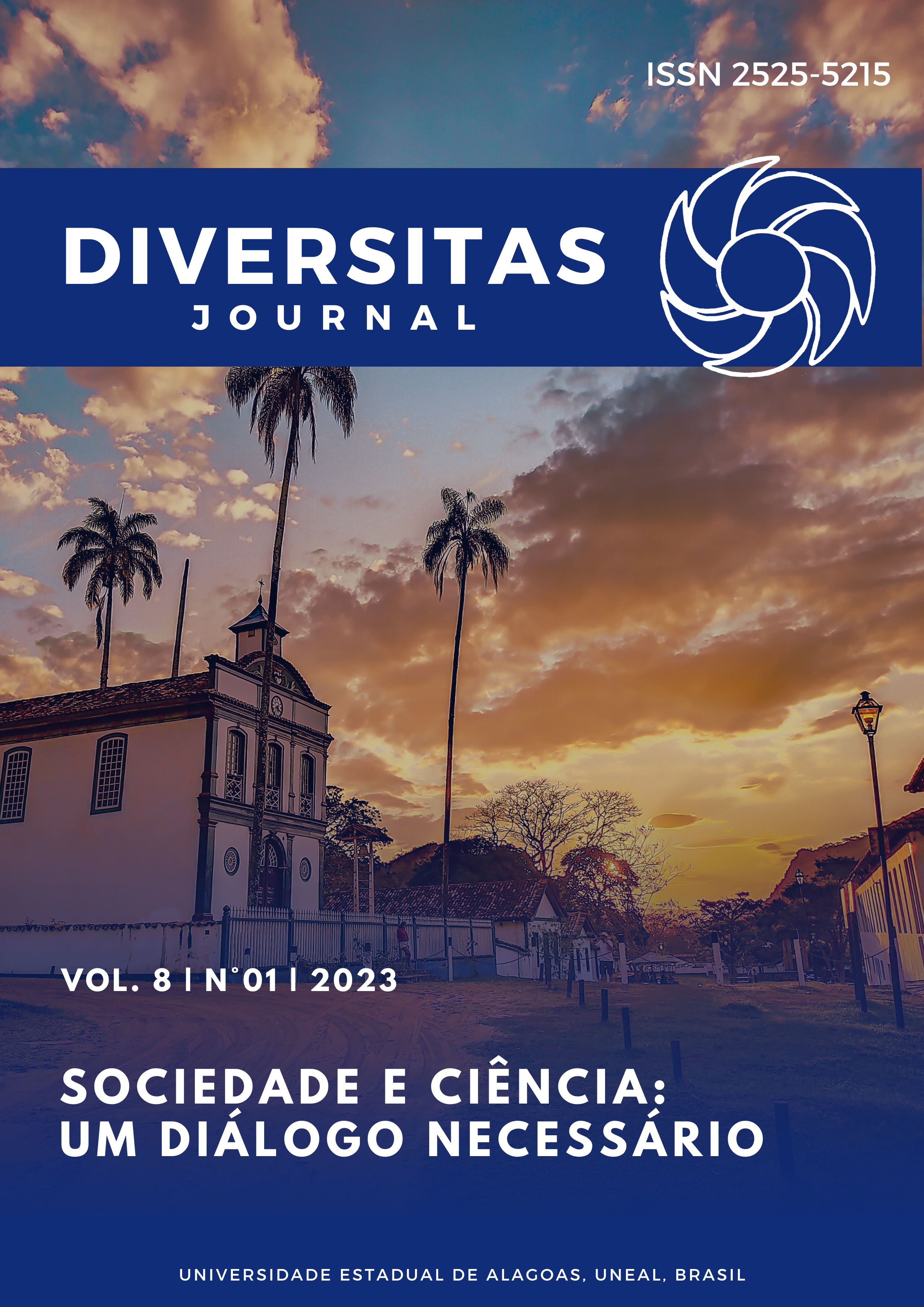Discursos e sentidos: simulacros e silenciamentos presentes no discurso publicitário
DOI:
https://doi.org/10.48017/dj.v8i1.2481Keywords:
Análise do dsicurso, Simulacro, SentidosAbstract
This article reflects on the simulacrum and silencing present in the advertising discourse. Specifically, we are dealing with an advertisement by Vivo Telefônica Company. Companies in this field frequently invest in campaigns to encourage their target audience to consume devices, as well as data/telephone packages. But Vivo Telefônica's “time for everything” advertising campaign presents a different proposal than what is expected: disconnect. This advertising consists of several videos, which have been broadcast on the internet and also on TV. The advertisement named “Casal”, published in 2018, is our object of analysis in this study. To carry out this work, we used the Pecheutian French Discourse Analysis as a theoretical framework. Thus, we seek to analyze the discursive marks of this materiality, identifying the Subject of this discourse, its conditions of production, the ideological formation in which the discourse is inscribed and the meaning effects that emerge from it. Our findings point to a discursive simulacrum in the campaign, as the primary objective of the current mode of production, in which the sale of telephony services is subsumed, is profit and not people's health, as Vivo's advertising campaign makes it seem.
Metrics
References
ALTHUSSER, Louis. Aparelhos Ideológicos de Estado. Rio de Janeiro: Graal, 1985
BRANDÃO, Helena H. Negamine. Introdução à Análise do Discurso. São Paulo: Unicamp, 2002.
CAVALCANTE, Maria do Socorro A.O. Qualidade e cidadania nas reformas da educação brasileira: o
simulacro de um discurso modernizador. Maceió: Edufal, 2007.
FERREIRA, Maria C. L. Glossário de termos de discurso: projeto de pesquisa: A Aventura do texto na perspectiva da teoria do discurso: a posição do leitor-autor – Porto Alegre: UFRGS. Instituto de Letras, 2001.
FLORÊNCIO, Ana M. G. et al. Análise do Discurso: fundamentos & prática. Maceió, Edufal, 2009.
FREUD, Sigmund. “La moral sexual 'cultural' y la nerviosidad moderna", In: Obras completas. v.IX. Buenos Aires: Amorrortu, 2007.
______. O mal-estar na civilização e outros trabalhos. In: Edição Standard Brasileira das Obras Psicológicas Completas de Sigmund Freud. v. XXI. Rio de Janeiro: Imago, 1974.
LACAN, J. O seminário, livro 11, os quatro conceitos fundamentais da psicanálise. Rio de Janeiro: Jorge Zahar, 1998.
LERIA, Antônio; ANDRADE, Lucas E.. Brasileiro passa mais de nove horas por dia na internet. Disponível em: <https://www.moneyreport.com.br/economia/brasileiro-passa-mais-de-nove-horas-por-dia-na-internet >Acesso em: 19 set. 2019.
MUSSALIM, Fernanda (Org.); BENTES, Anna Christina (Org.). Introdução à linguística: domínios e fronteiras, v.2. 1. ed. São Paulo: Cortez, 2001.
ORLANDI, Eni Puccinelli. Análise de discurso: princípios e procedimentos. Campinas: Pontes, 2003.
PÊCHEUX, Michel. Semântica e Discurso: uma crítica à afirmação do óbvio. Campinas: Editoria Unicamp, 2009.
Downloads
Published
How to Cite
Issue
Section
License
Copyright (c) 2022 Ahiranie Sales Manzoni, Ahiranie, Lisiane

This work is licensed under a Creative Commons Attribution 4.0 International License.
The Diversitas Journal expresses that the articles are the sole responsibility of the Authors, who are familiar with Brazilian and international legislation.
Articles are peer-reviewed and care should be taken to warn of the possible incidence of plagiarism. However, plagiarism is an indisputable action by the authors.
The violation of copyright is a crime, provided for in article 184 of the Brazilian Penal Code: “Art. 184 Violating copyright and related rights: Penalty - detention, from 3 (three) months to 1 (one) year, or fine. § 1 If the violation consists of total or partial reproduction, for the purpose of direct or indirect profit, by any means or process, of intellectual work, interpretation, performance or phonogram, without the express authorization of the author, the performer, the producer , as the case may be, or whoever represents them: Penalty - imprisonment, from 2 (two) to 4 (four) years, and a fine. ”


















